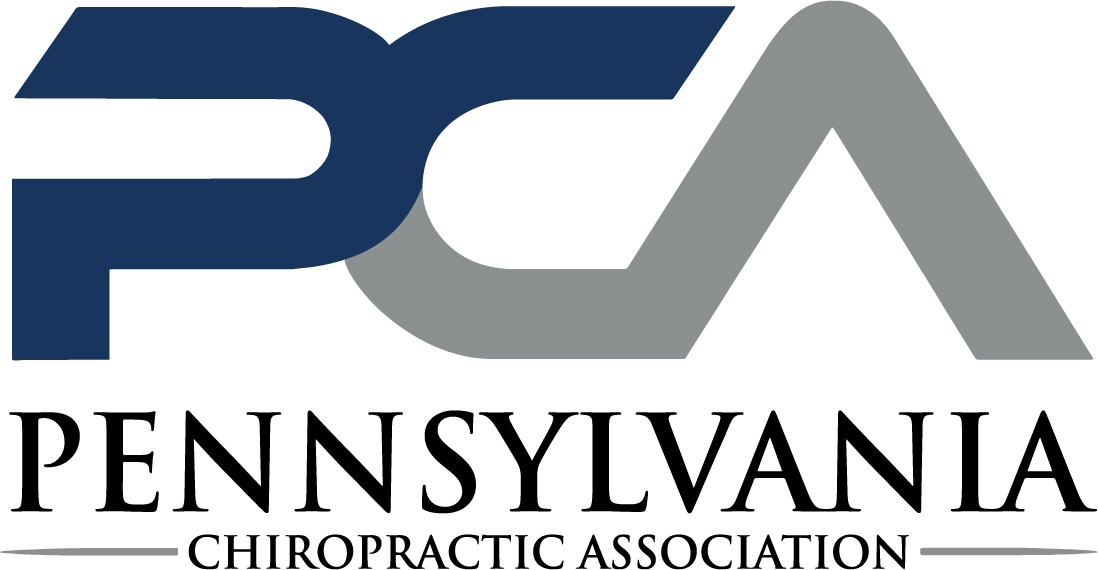With a stroke of the pen — and the bipartisan support of state legislators — Gov. Tom Wolf signaled to the world that Pennsylvania is open for business.
The state’s corporate net income tax rate will finally drop from 9.99% — second highest in the nation — to 8.99% on Jan. 1. It gets better. It will shed half a percentage point annually until it falls to 4.99% in 2031.
The last time Pennsylvania’s rate changed was in 1995 when it decreased from 11.5% to 9.99%.
The CNI tax change was part of Pennsylvania’s $45.2 billion budget, approved overwhelmingly by the General Assembly. The state Senate approved the budget early on Friday afternoon, a week after the 2022-2023 fiscal year began; the House of Representatives had done so on Thursday. Wolf signed the budget early Friday evening. His comments on social media centered on education.
“I’m proud that this budget makes a historic $1.8 billion increase in education funding,” Wolf posted on Twitter.
But the business community and economic development organizations didn’t hesitate to herald the lowering of corporate taxes, something Wolf had vowed to change when he first took office in 2015.
Republicans and Democrats alike say the tax has hurt Pennsylvania’s ability to attract and retain companies; other states use it as a comparative selling point. Only New Jersey had a higher rate, at 11.5%; some states have no such tax at all.
But it was difficult to reconcile reduction with other factors. According to the Pennsylvania Department of Revenue, approximately 61% of the 92,000 corporate filers in the state do not pay the tax because, they could shift profits to other states. And cuts could make a deep dent in the general fund. Each 1% of the corporate net income tax currently generates about $400 million to $450 million annually.
The new legislation addressed some major loopholes. Changes to the economic nexus standard and market sourcing rules work in tandem to capture more out-of-state companies doing business in Pennsylvania and require them to report sales based upon the location of their customers or use of intangible property in Pennsylvania. That would include receipts from patents, royalties, franchise agreements, the sale or exchange of securities and interest in connection with loans.
“That’s where having the bipartisan approach, a collaborative approach with the business community was the most critical factor to getting this done,” said Randy Vulakovich, senior principal, government relations, at Pittsburgh-based law firm Buchanan Ingersoll & Rooney PC. “All sides had to give concessions and all involved should be applauded. Today is a day for celebration in Pennsylvania.”
He called it “bipartisan public policy making at its best” as each of the four caucuses of the legislature, the governor and the business community worked together to gain consensus and forge a compromise that will make a real impact for Pennsylvanians. He also credited the efforts by the Allegheny Conference on Community Development and its affiliate, the Greater Pittsburgh Chamber of Commerce to build coalitions across the region and state to advocate for the change.
“Years from now, we will look back at this moment in time and appreciate how significant this truly is,” Vulakovich said.
Susan Jacobson, the chair of the Greater Philadelphia Chamber of Commerce, said the combination of Philadelphia’s reduction of the wage and Business Income and Receipts Taxes (BIRT), along with the state’s corporate net income tax reductions “will bring real benefits to Philadelphia job creators and workers.”
Philadelphia’s budget, approved last month, will decrease the city’s Business Income and Receipts Tax (BIRT) on net income from 6.2% to 5.99%.
Gus Faucher, chief economist at PNC Financial Services Group, said Pennsylvania’s high CNI tax has been a deterrent to job growth. Still, a lower rate won’t change the fact that Pittsburgh has weak population growth or that its labor force is older than the national average, he pointed out.
“But I do think it has the potential to lead to somewhat stronger job growth over the longer term,” Faucher said. “It’s good in the sense that it does make the area and the state more competitive. But there are disadvantages that will persist even after that.”
Source: https://www.bizjournals.com/philadelphia/news/2022/07/10/pennsylvania-cuts-corporate-taxes.html?ana=TRUEANTHEMFB_PL&utm_campaign=trueAnthem%3A%20Trending%20Content&utm_medium=trueAnthem&utm_source=facebook&fbclid=IwAR3W4F0dpBCyJJQ6gpvX3Ws0tNC4vyOOgp0p529Ogae4ya8WYLNBrlXf_mo
